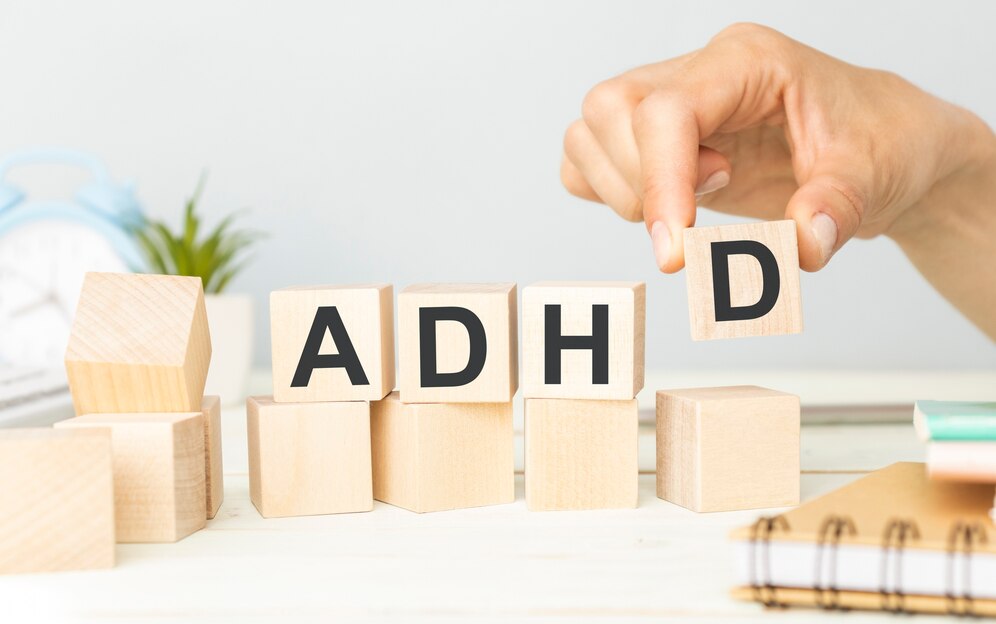Navigating Life With ADHD: Strategies And Coping Mechanisms
Living with Attention Deficit Hyperactivity Disorder (ADHD) presents unique challenges, but with the right strategies and coping mechanisms, individuals can effectively navigate through life and thrive. ADHD is a neurodevelopmental disease marked by impulsivity, hyperactivity, and trouble paying attention. While it can pose obstacles in various aspects of life, understanding the condition and adopting tailored approaches can significantly improve daily functioning and overall well-being.
TO KNOW MORE ABOUT IT PLEASE CLICK HERE
Understanding ADHD
ADHD affects individuals differently, with symptoms varying in severity and presentation. Some may struggle with maintaining focus on tasks, while others may have difficulty controlling impulses or managing time effectively. Understanding these core symptoms is crucial in developing effective coping strategies.
Embracing Structure and Routine
Establishing a structured routine can provide stability and help manage ADHD symptoms. Breaking tasks into smaller, manageable steps and setting specific timeframes for completing them can enhance productivity and reduce feelings of overwhelm. Utilizing planners, calendars, or digital apps can assist in organizing daily schedules and deadlines.
Utilizing Tools and Technology
Technology can be a valuable ally for individuals with ADHD. Various apps and tools are designed to improve time management, task organization, and focus. Tools such as reminder apps, noise-canceling headphones, or specialized software for note-taking can enhance concentration and productivity.
Prioritizing Self-Care
Taking care of oneself is essential for controlling symptoms of ADHD. Engaging in regular physical activity, getting enough sleep, and maintaining a balanced diet can improve overall well-being and help alleviate symptoms. Additionally, practicing relaxation techniques such as mindfulness or deep breathing exercises can reduce stress and promote emotional regulation.
Seeking Support
Creating a solid support system is crucial for people with ADHD. Surrounding oneself with understanding friends, family members, or support groups can provide encouragement, empathy, and practical assistance. Seeking professional support from therapists, counselors, or ADHD coaches can also offer valuable guidance and strategies for coping with challenges.
Developing Coping Strategies
Identifying and developing individualized coping strategies is key to effectively managing ADHD symptoms. Experimenting with various techniques such as chunking tasks, implementing visual aids, or utilizing fidget tools can help improve focus and attention. It’s essential to remain flexible and open to trying different approaches until finding what works best.
Embracing Positivity and Persistence
Living with ADHD may present setbacks and frustrations, but maintaining a positive outlook and cultivating resilience is crucial. Celebrating small victories, practicing self-compassion, and learning from setbacks can foster a sense of empowerment and motivation to keep moving forward.
Conclusion
Navigating life with ADHD requires patience, perseverance, and a willingness to explore strategies that suit individual needs. By embracing structure, utilizing available tools and technology, prioritizing self-care, seeking support, and developing coping strategies, individuals with ADHD can effectively manage symptoms and lead fulfilling lives. With the right approach and support, the journey of living with ADHD can be transformed into one of growth, resilience, and success.
Also, Follow us on Instagram








